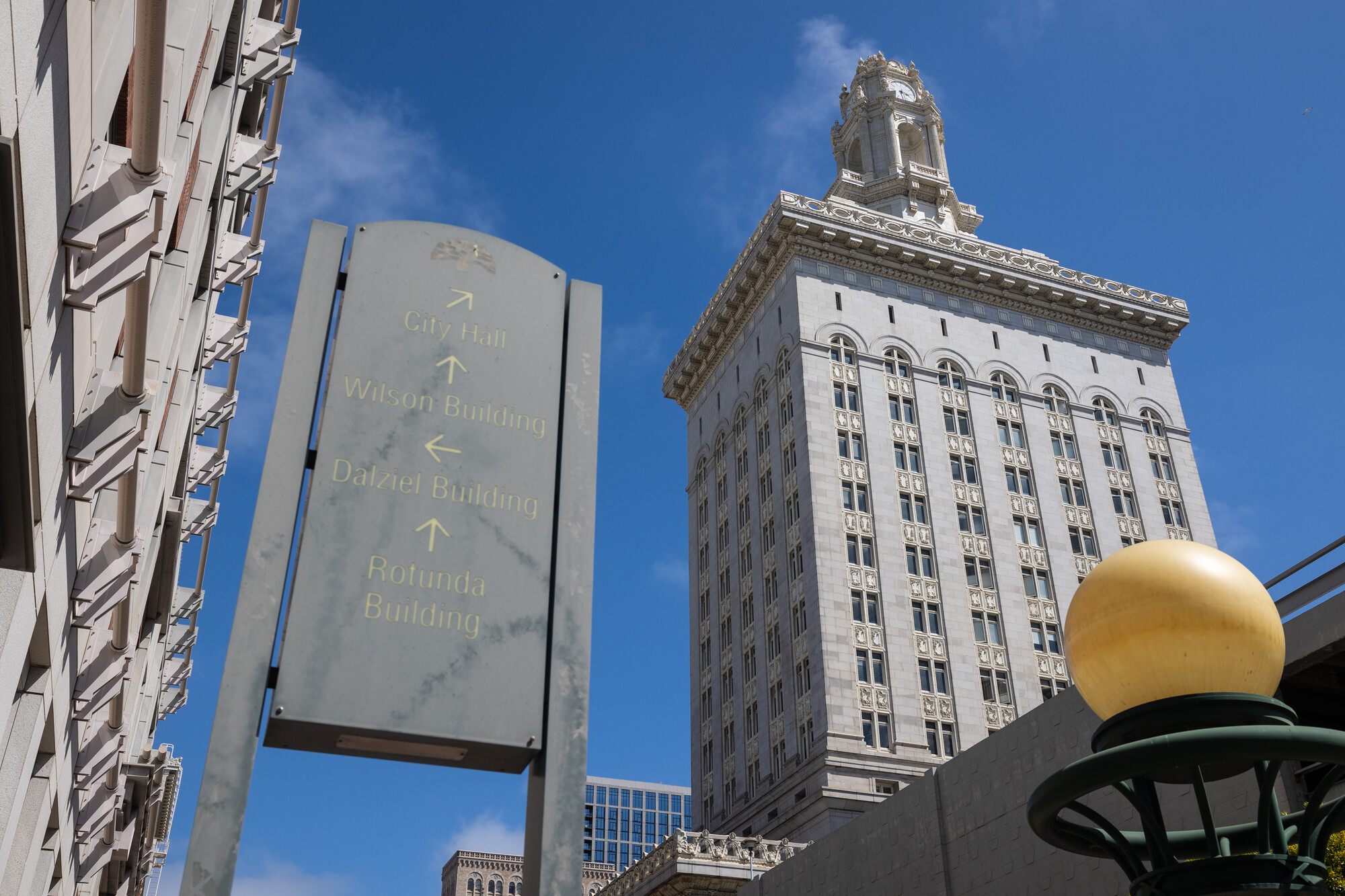“Council doesn’t have a lot of powers when it comes to deals like this, but we do have the power to approve contracts with this much money at stake, with this much political capital and the money of taxpayers and our residents here at stake,” Ramachandran said.
She called the city’s approach to the dealings a “potentially ridiculous risk” to its finances that could have meant drastic cuts to police academies and fire, brownouts, and a halting of contracts, among other things.
“That’s the role and responsibility of the City Council to balance, to make sure that we do not go bankrupt like other governments have,” added Gallo.
Under the revised sale agreement announced Monday, the rest of the money — $110 million — must arrive within the current fiscal year. The full balance is now due in May instead of in 2026.
Thao called the deal a “win-win.”
“We are very grateful for the hard work of the City team in helping reach our amended agreement,” AASEG founder and managing member Ray Bobbitt said in a statement. “The creation of jobs, housing, art, clean green space and a new generation of Sports and Entertainment at the Coliseum Site cannot wait; and will provide a certain pathway to the revitalization of East Oakland through massive investment.”
The mayor’s office said it’s still waiting for Alameda County to approve the sale of its half of the Coliseum ownership stake, which has taken longer than expected. County officials did not immediately respond to a request for comment.



